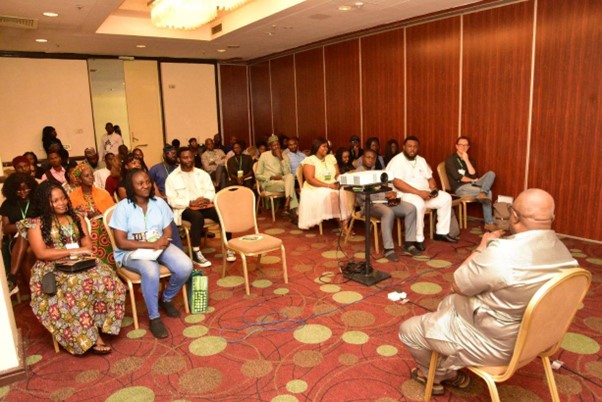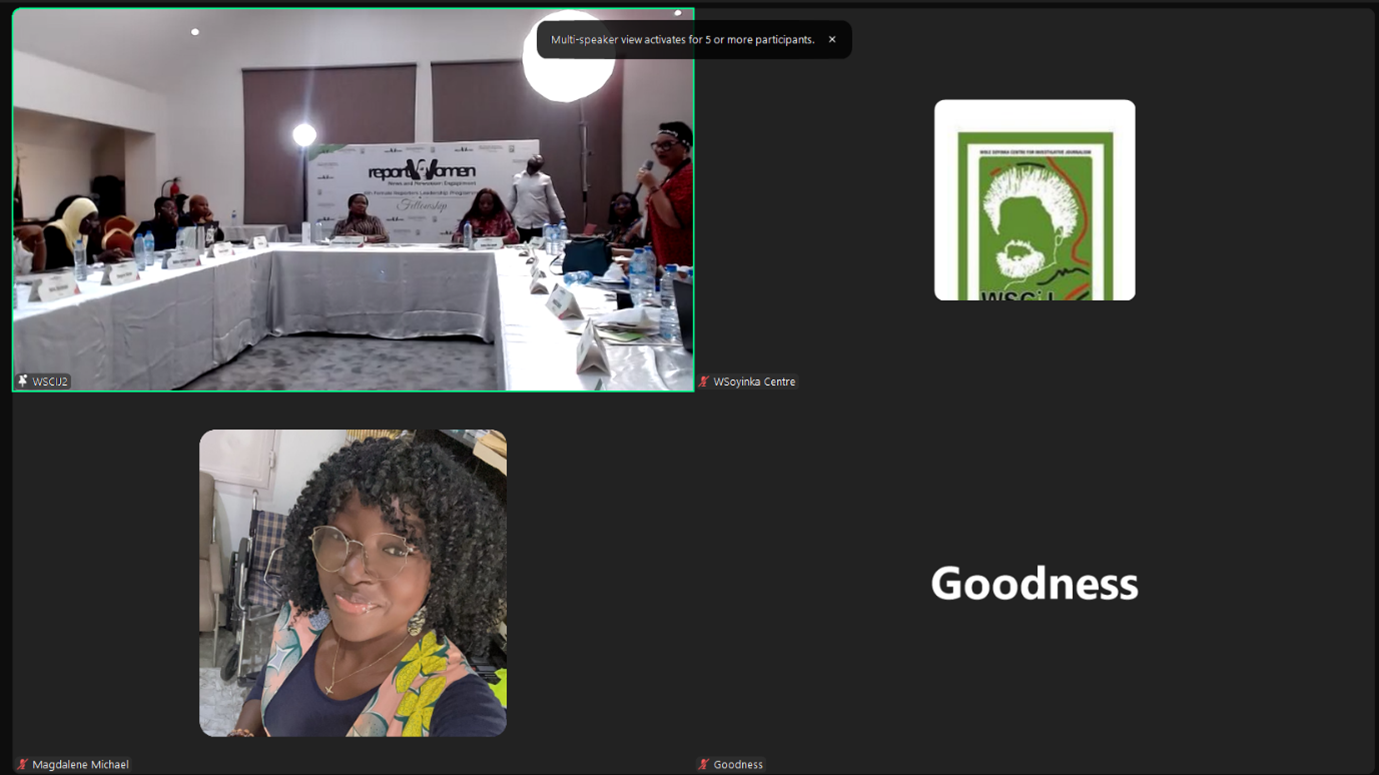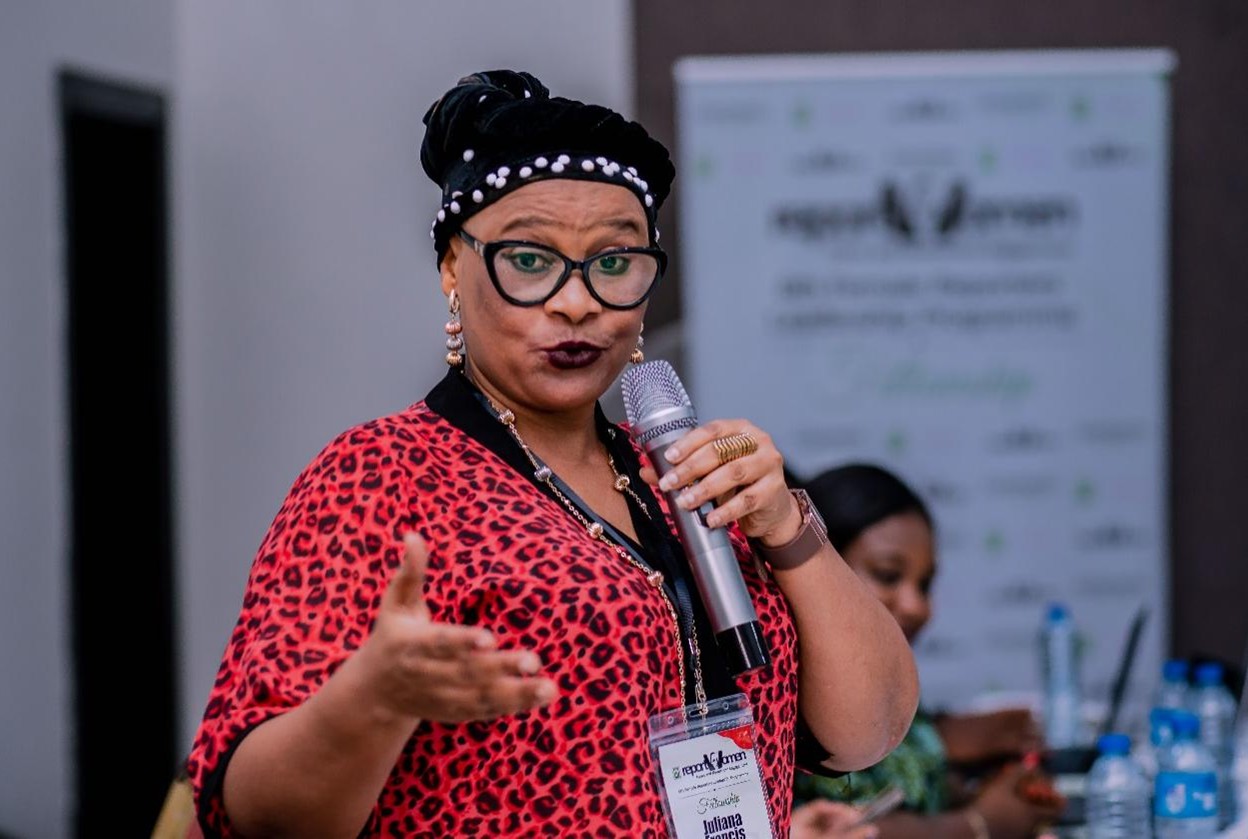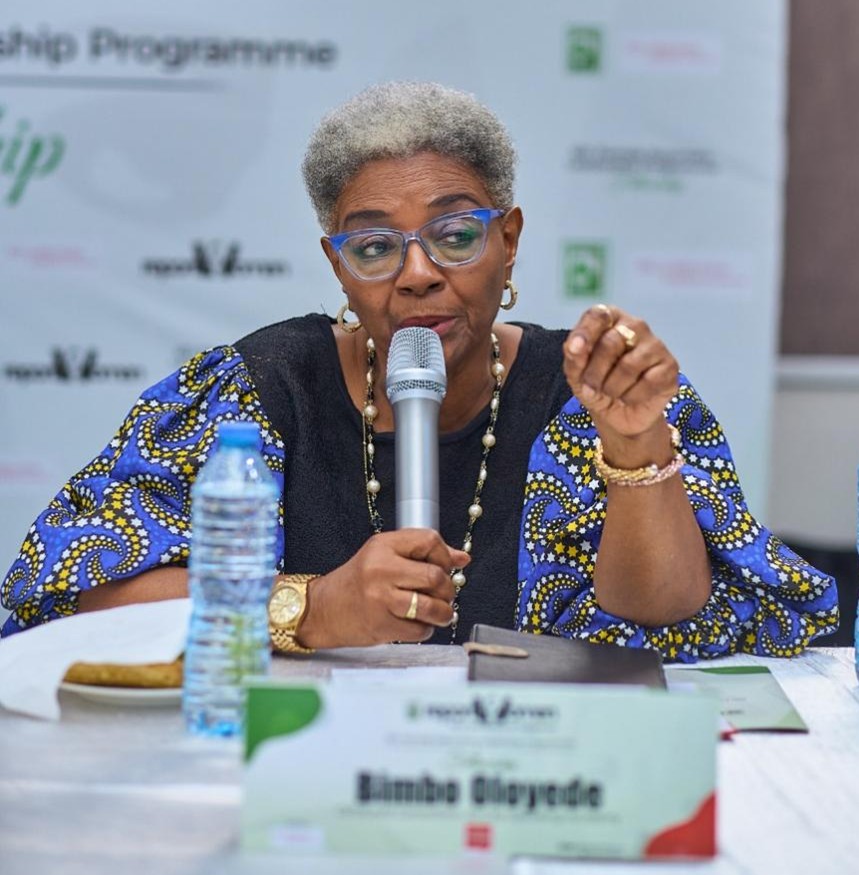Publisher of Premium Times, Dapo Olorunyomi has urged news organisations to follow the technology trend to meet up with the demands of sustainability.
Olorunyomi gave this charge at a workshop on ‘Entrepreneurial Journalism: Starting and Running Your Own News Media Organisation’, held on the sidelines of the Amplify In-depth Media Conference 2023, on Saturday. The media veteran during his presentation acknowledged the difficulty that comes with accountability journalism but noted that the introduction of technology makes it easier to innovate in solving this problem.
He said, “Journalism is a small station of what we call media. What has been so difficult is how Accountability Journalism makes money. The triangle used to be that you gather content, distribute and figure how to make money but this fundamentally changed in the 90s with the emergence of technology and we are yet to interrogate the transition this has caused.
“Accountability is the realm of journalism that holds public officers to account so it is tough for it to make money but with the power of innovation, we can think through this. So, we have not inserted the process of logic into the things that we do so that we can figure out how to make money. What I am saying is we need a new or more expanded view. I think that if we must do journalism today, we have to start seeing ourselves as a small tech company.
Kobus Louwrens, co-founder, Food for Mzansi who also facilitated a session at the workshop, spoke about the success of his news organisation and emphasised the importance of not servicing grant funded projects in a manner that puts the entire business at risk.
He noted, “We founded Mzansi when we realised that agriculture which is fundamental in South Africa also had a racial divide problem and have managed to become one of the two biggest agricultural read platforms.
“What worked for us was finding a niche which helped us avoid having a general interest business model. Agriculture in South Africa has a big market, with a strong publisher and developmental basis. We also partnered with a digital marketing agency to find new audience(s). From the beginning, we were able to define our audience. We used multiple platforms to make sure everyone can find us and our stories. It is important to also focus on what you can give your audience when you are starting out.
“One big mistake we made was in our second year when we got this big grant from Google, and we spent the whole servicing the project for this grant instead of building a sustainable business structure. It almost destroyed the organisation and we have only been able to break even after five years.”
Meanwhile, Deji Adekunle, Programme Director, MDIF/NAMIP shared sustainability tricks, noting that media organisations must see themselves as companies instead of just a platform.
There are so many underserved niches that matter to Nigerians and are not being covered.
“The business model that funded the printing press is dead and can only work in unique situations now. When COVID happened, most digital platforms exploded, and print struggled.
“Unlike what people might assume, there aren’t many grant funders in Nigeria. So, we need to understand that grant money is not there, and funder priorities are changing.
“One sustainability trick is to float multiple products that will bring in the resources you need to do the work you want to do. Sometimes you float these products and still don’t get these resources, so you have to provide other services.
“Let’s be flexible because revenue and audience attention isn’t sentimental, and you aren’t doing them a favour. It is based on what audience wants because they don’t owe you their attention, so you have to work for it. We have to work twice as hard to reach more audiences to at least break even and make a little profit.
“You also need to understand that every media organisation is a news platform and this is a common misconception. And breaking even with news now is hard because everyone is breaking the news. Having growth goals isn’t just about news, it’s the same for all businesses. You have to monitor your audience, revenue and audience behavioural pattern.
In his concluding remarks at the workshop, Olorunyomi reiterated the need for news organisations to closely monitor their audience and see their venture as a business.








